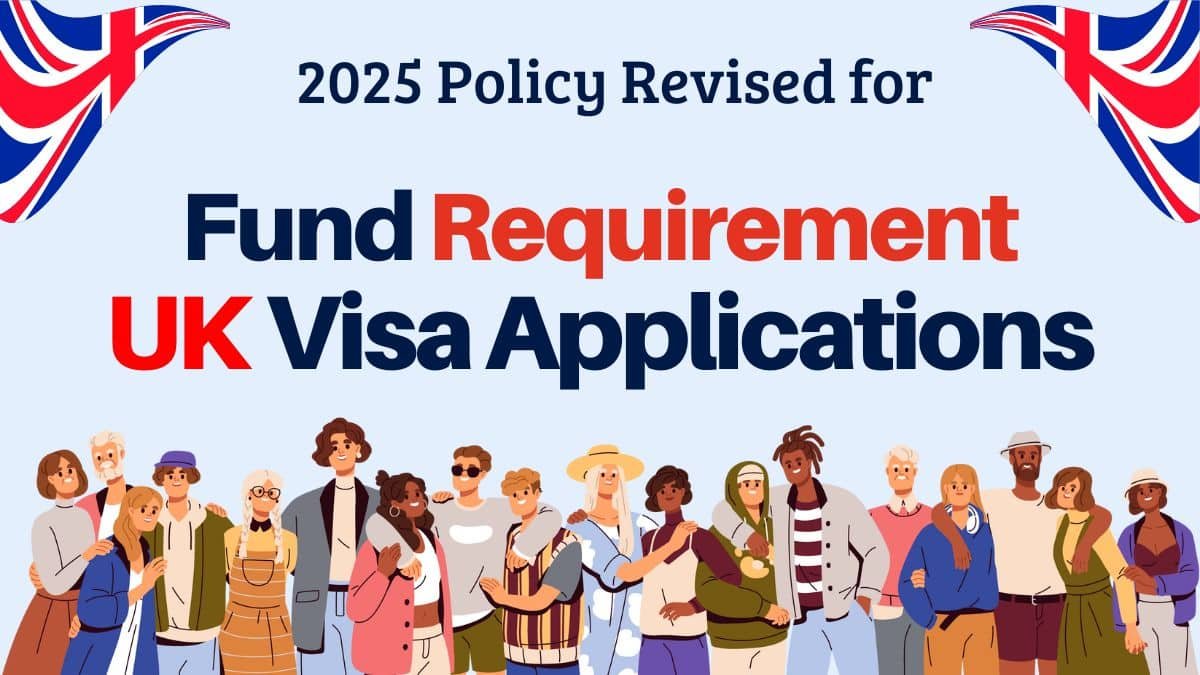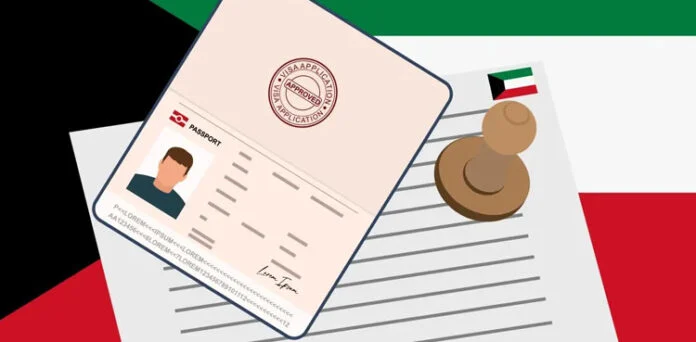
UK Spouse Visa Minimum Income Requirement: Ongoing Debate and Future Review
The financial threshold for British citizens and permanent residents sponsoring a foreign spouse or partner remains a highly debated issue, as the UK government upholds the minimum income requirement (MIR) at £29,000 per year. This increase, which took effect in April 2024, marks a significant rise from the previous threshold of £18,600. With an independent review scheduled for June 2025, discussions around the financial requirement continue to evolve.
Understanding the Financial Requirement
The MIR applies to British citizens and individuals with indefinite leave to remain who wish to sponsor their spouse or partner for a UK visa. Introduced in 2012, the policy was intended to ensure families could support themselves financially without relying on public funds. The threshold remained at £18,600 until April 2024, when the Sunak government raised it to £29,000.
Applicants must meet the requirement using specific income sources as outlined in immigration rules. Typically, only the sponsor’s income is considered, unless the applicant is already in the UK on a legal visa and applying for an extension or switch to a partner visa. Some exceptions apply, particularly for those receiving disability-related welfare benefits. In special cases, human rights considerations may allow for flexibility.
Criticism and Legal Challenges
The MIR has faced continuous opposition from migrants’ rights groups, legal experts, and policymakers. Key concerns include:
- Disproportionate Impact on Lower-Income Citizens – Nearly half of UK employees earn less than £29,000, making sponsorship difficult for many.
- Regional Disparities – The higher threshold disproportionately affects individuals in areas with lower average wages.
- Strict Documentation Requirements – Meeting the financial criteria can be complex due to strict evidentiary rules.
Although the Supreme Court upheld the MIR in 2017, it acknowledged concerns about its impact on family rights and called for greater flexibility in cases where refusal would violate human rights.
Parliamentary Review and Future Policy Changes
The MIR has been under frequent parliamentary review since its introduction. In 2023, the House of Lords Justice and Home Affairs Committee recommended reforms, and the 2024 increase under the Conservative government intensified scrutiny. A parliamentary debate on the issue is scheduled for January 20, 2025, in Westminster Hall.
Following the July 2024 election, the new Labour government, under Home Secretary Yvette Cooper, commissioned the Migration Advisory Committee (MAC) to conduct an independent review of the income threshold. The review aims to assess its impact on both the UK economy and family reunification rights.
What Happens Next?
The £29,000 minimum income requirement will remain in place until at least June 2025, when the MAC publishes its findings. The report is expected to recommend potential adjustments, balancing immigration control with family reunification concerns.
For now, applicants must meet the current £29,000 threshold, although those who applied before April 11, 2024, will still be assessed under the previous £18,600 requirement. The outcome of the January 2025 parliamentary debate and the independent review will determine whether further modifications are made in the future.


















